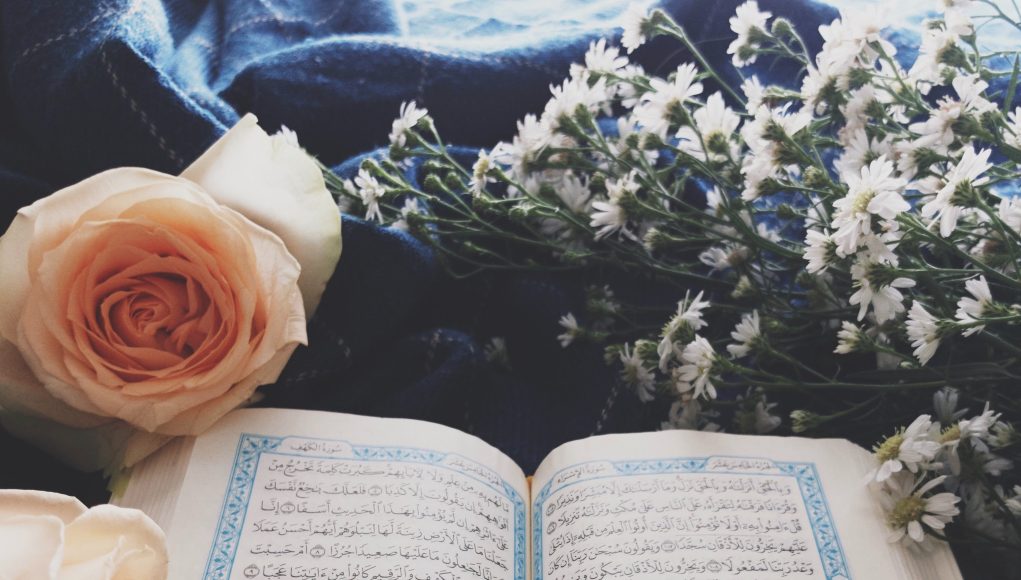Dhikr is a fundamental component of Islamic spirituality. It refers to the practice of repeating the names of God or reciting specific phrases to praise and remember him. The act of dhikr is believed to bring about numerous spiritual and worldly benefits, including success in life. In this article, we will explore which God names must be recited in dhikr to succeed in life.
The first and perhaps most important name of God to recite in dhikr is “Allah” itself. This name represents his essence and is considered the most powerful and all-encompassing name. Reciting this name in dhikr is believed to bring about spiritual awakening and a deep sense of connection to God. By regularly reciting this name, one can cultivate a stronger faith and trust in God, which is essential for achieving success in life.
Another important name of Allah to recite in dhikr is “Al-Rahman.” This name means “The Most Merciful,” and reciting it in dhikr is believed to invoke God’s compassion and benevolence. By recognizing and invoking God’s mercy, one can cultivate a sense of gratitude and humility, which can help them overcome obstacles and achieve success in life.
The name “Al-Rahim” is also important to recite in dhikr. This name means “The Most Compassionate,” and reciting it in dhikr is believed to bring about forgiveness and blessings from God. By regularly reciting this name, one can seek forgiveness for their mistakes and shortcomings and receive Allah’s blessings in return. This can help one overcome past mistakes and move forward with greater clarity and purpose.
The name “Al-Malik” is also important to recite in dhikr. This name means “The Sovereign,” and reciting it in dhikr is believed to invoke Allah’s power and authority. By recognizing and submitting to Allah’s authority, one can cultivate a greater sense of purpose and direction in life. This can help one overcome challenges and achieve success in their endeavors.
The name “Al-Qudus” is another important name to recite in dhikr. This name means “The Holy,” and reciting it in dhikr is believed to bring about spiritual purity and enlightenment. By regularly reciting this name, one can purify their heart and mind and cultivate a deeper sense of spirituality. This can help one overcome distractions and temptations and stay focused on their goals.
Finally, the name “Al-Wahhab” is important to recite in dhikr. This name means “The Bestower,” and reciting it in dhikr is believed to bring about God’s generosity and blessings. By recognizing Allah as the ultimate source of abundance and blessings, one can cultivate a greater sense of gratitude and appreciation. This can help one overcome feelings of scarcity and lack and attract greater abundance and success in life.
In conclusion, reciting the names of Allah in dhikr is a powerful practice that can bring about numerous spiritual and worldly benefits. By regularly reciting the names mentioned above, one can cultivate a deeper sense of spirituality, overcome challenges and obstacles, and achieve success in their endeavors. However, it’s important to remember that the ultimate source of success and guidance is Allah himself, and that true success comes from living a life that is aligned with his teachings and values.
It is common practice in some Muslim cultures to wear or carry a small amulet called a taweez, which contains verses from the Quran or the names of God. These taweez are believed to bring about various spiritual and worldly benefits, including protection from harm, healing, and success in life.
When it comes to reciting the names of God in dhikr, some people choose to incorporate taweez into their practice. They may write the names of Allah mentioned in the previous paragraphs onto a piece of paper or cloth and wear it as a taweez around their neck or wrist. The idea is that by keeping the names of Allah close to their body, they will be reminded to recite them in dhikr throughout the day.
It’s important to note that the use of taweez is a controversial topic in Islam. While some consider it a legitimate practice, others view it as a form of shirk or idolatry, as it may lead to relying on the taweez rather than Allah for protection and blessings.
Some people may misuse the practice of wearing taweez, by using them as a substitute for sincere faith, good deeds, and righteous living. They may believe that simply wearing a taweez will bring them success and blessings, without making the necessary effort to pursue their goals with sincerity and dedication.
Therefore, it’s important to approach the use of taweez with caution and discernment, and to always prioritize a deep and sincere connection with God above any external practices or rituals.
In conclusion, while the use of taweez is a common practice in some Muslim cultures, it is not a necessary component of reciting the names of Allah in dhikr. The most important aspect of dhikr is the sincerity and devotion with which one approaches it, and the genuine desire to cultivate a deeper connection with God. By reciting the names of Allah mentioned in this article with sincerity and humility, one can cultivate a stronger faith, a deeper sense of purpose, and a greater chance of success in life
















